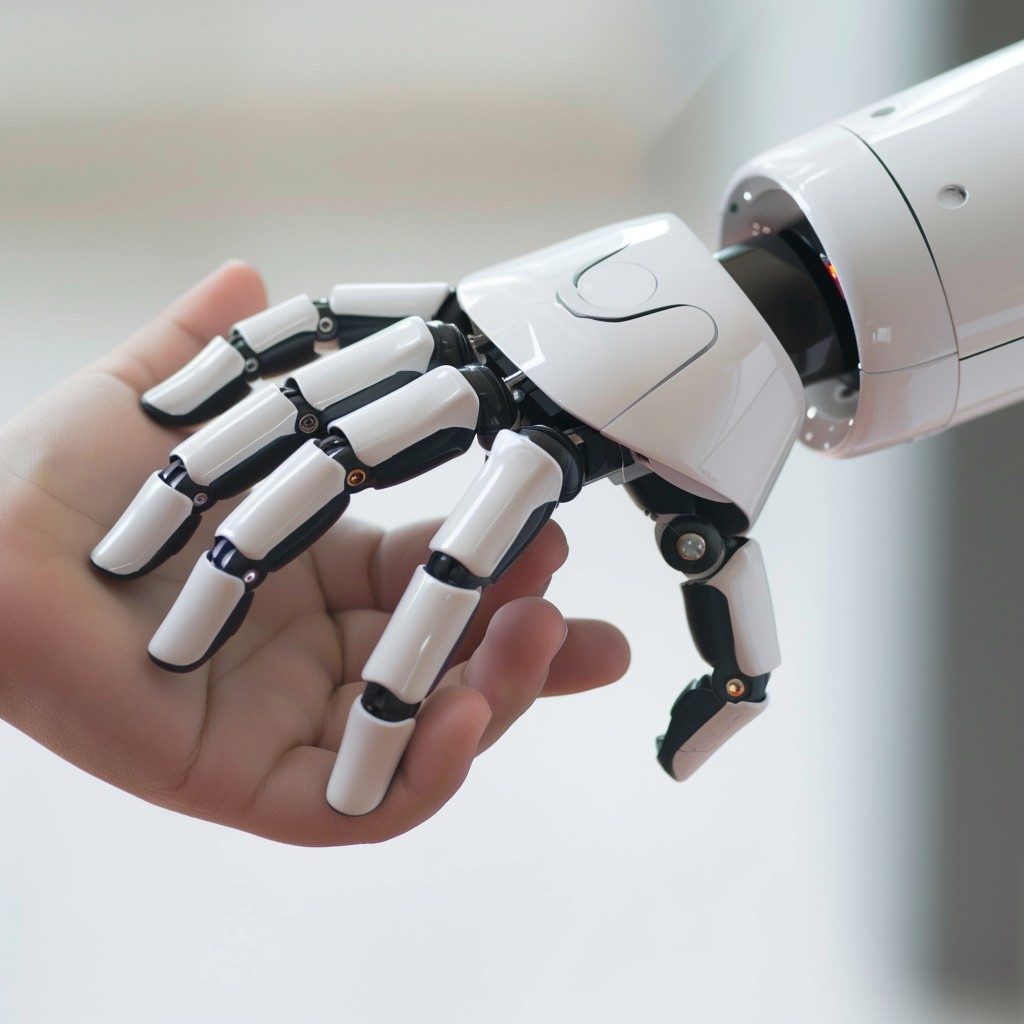Mobile phones, once mere communication devices, are now becoming miniature AI powerhouses. The explosion of GenAI in 2023 has started a trend where almost every phone manufacturer is vying to introduce AI features.
Samsung, Google, Major Phone Brands Set The AI Trend
Last Month, Samsung released its Galaxy S24 smartphone lineup, which included three AI-powered phones and a special AI feature, “Galaxy AI,” that has been a big talking and selling point for the company. Google Pixel, Honor, and other major brands have introduced one or more AI features on their devices.
It appears the rest of the phone makers are beginning to lean in the same direction, perhaps to create a selling point and stand out in the competitive market amid the decline in global shipment.
Over the past two years, global smartphone shipments have consecutively declined “as consumers took longer to upgrade their devices due to a lack of innovations, high inflation and economic uncertainties,” according to the report. In 2023, the shipments dropped 3.2% to 1.17 billion units.
However, experts predict that AI could help revive sales in the phone market.
Phone Makers to Unveil New AI Features at MWC
Starting Monday, Barcelona is set to host the annual Mobile World Congress (MWC), where phone makers are expected to unveil unique AI features of their new mobile devices.
MWC is one of the world’s biggest and most influential mobile technology conferences. The four-day event will last through Thursday and is expected to have over 95,000 attendees and 2,400 exhibitors.
According to the report, telecom operators will, through the event, explore how they can incorporate AI technology to improve operations.
Following the trend, it’s highly predictable that AI will become increasingly ubiquitous in modern devices, and laptops are no exception. Over the past months, there has been an increase in demand for AI PCs, which are special personal computers equipped for AI capabilities.
Cryptopolitan reported Thursday that Lenovo is expected to ship 50 million AI PCs in 2024 alone and up to 167 million units by 2027.





